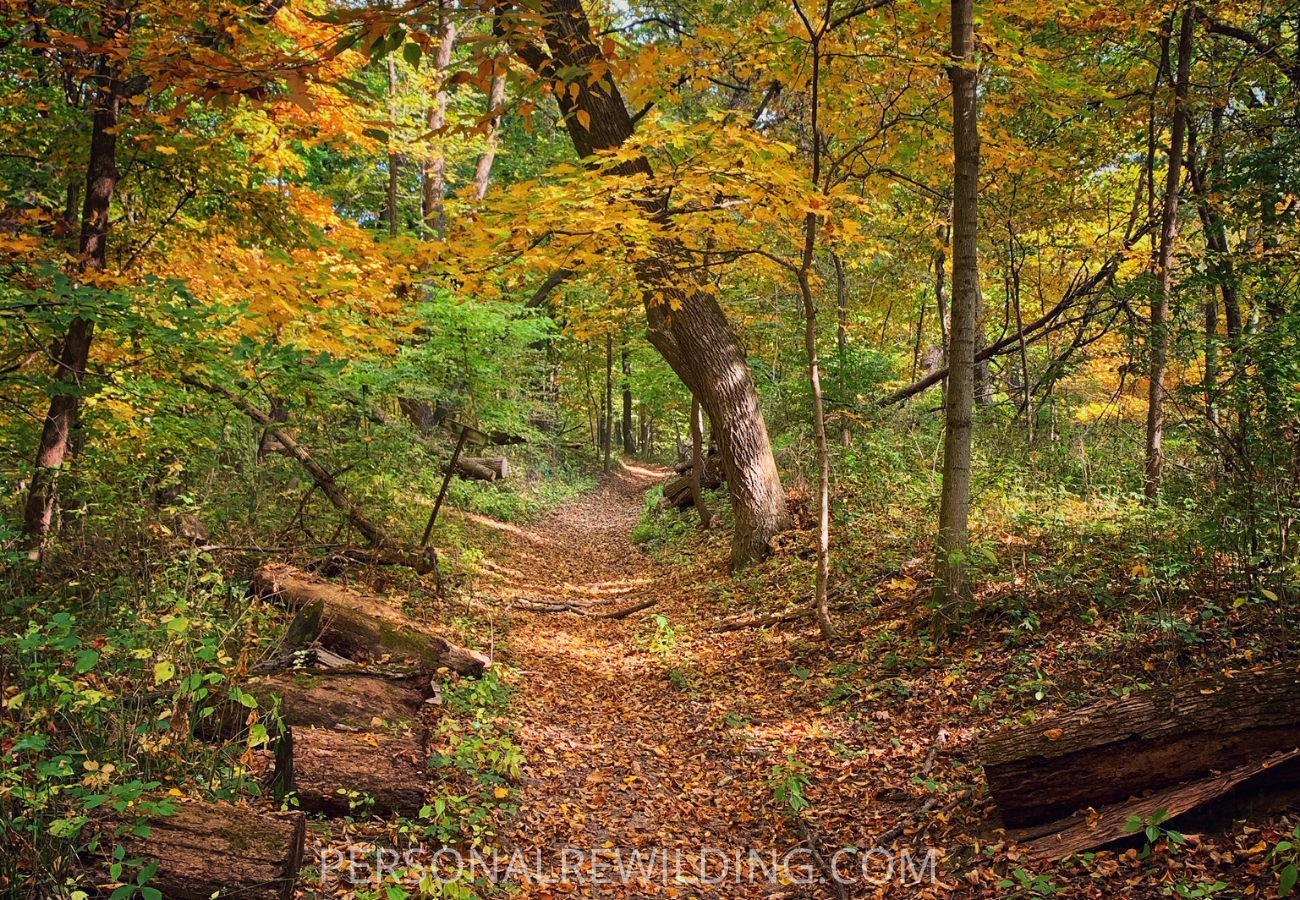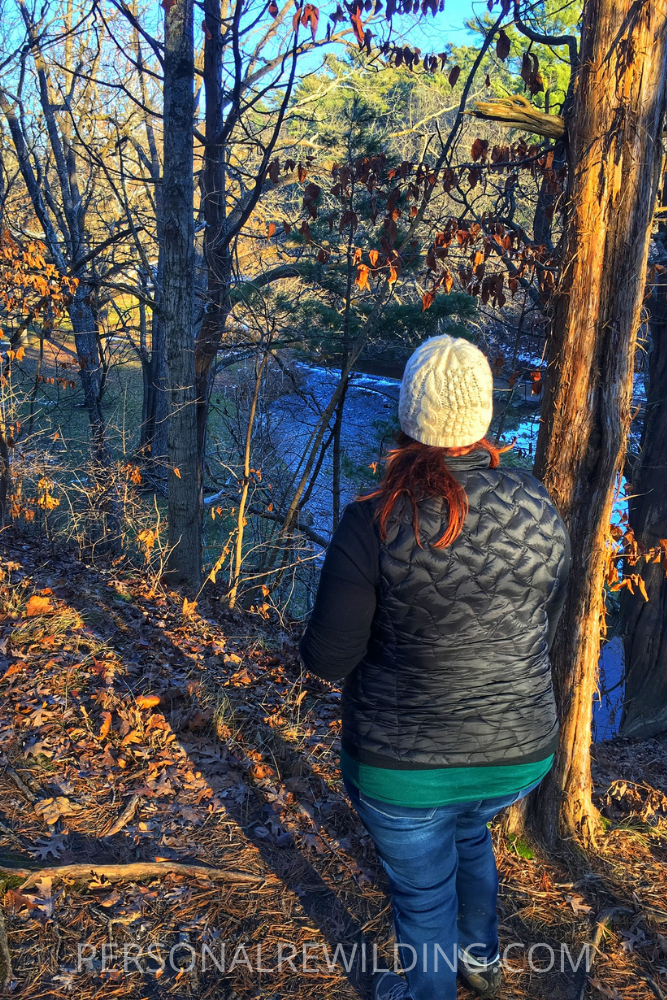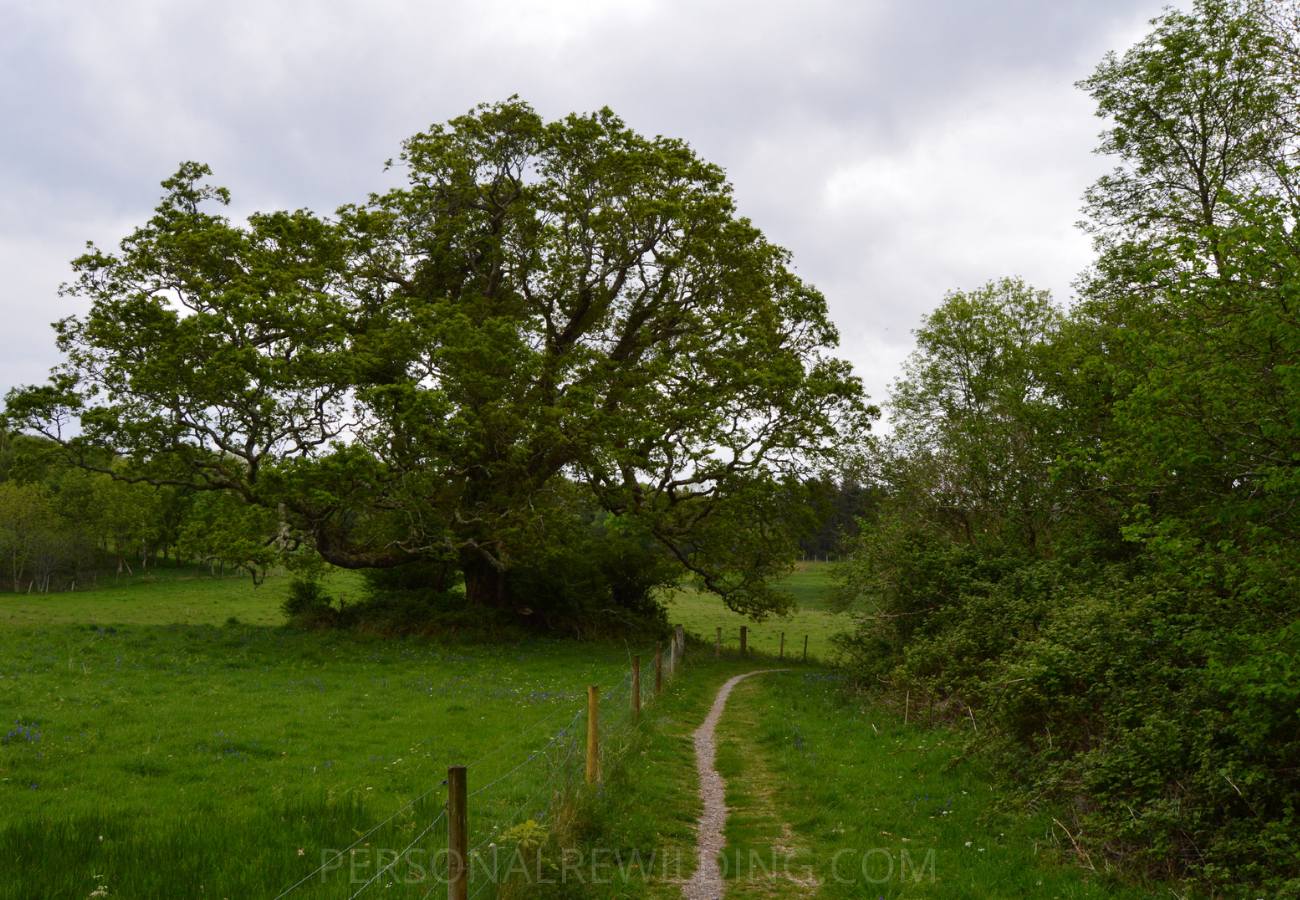- Home
- Walking in Nature
- Benefits of Walking in Nature
The Benefits of Walking in Nature
The benefits of walking in nature are almost numberless but fall into two categories that overlap: psychological benefits and health benefits.
Psychological benefits include:
- Happiness
- Contentment
- A feeling of purpose or connection
- Personal fulfillment
- Mindfulness
They are the intangibles. We are more likely to achieve these states with good mental and physical health, so they rely on one another.
Health benefits are the body’s response to increased physical activity:
- Lower stress
- Lower blood pressure
- Mental balance
- A more robust immune system
- A deep connection to the living environment
But not all walking is created equal. Two pilot studies at Northwestern University and the University of Minnesota have indicated that, “a single bout of exercise in greenspace results in greater improvements in acute measures of cognitive function, mood, and mental well-being, compared to similar amounts of exercise completed indoors or in urban areas”. (Link)
Translation: it's great to walk, but it's better to walk in nature.
Psychological Benefits of Walking in Nature
Happy Hormones
Brain chemistry plays an enormous role in our sense of well-being or contentment. Walking in nature – along with many other exercises and activities – causes the body to release endorphins. Endorphins are a hormone that acts as a natural pain killer and causes feelings of well-being.
In today’s culture, most of us have become addicts to another sort of feel-good hormone – dopamine. Dopamine is the quick-reward hormone, the brain’s motivational carrot. We get quick releases of dopamine from the prospect of sex, online interactions such as games and social media, food, and purchasing things (buyer’s high).
These are very short-lived boosts, and usually have an associated “lull” or remorse immediately after. Much of our impulsive behavior and addictions can be traced back to dopamine.
Endorphins, on the other hand, create a healthier and lasting effect. They provide us with a sense of euphoria and contentment without the associated consequences and remorse. They require more effort to produce, but they are considerably more beneficial to our overall mental health.
Good mental health requires both endorphins and dopamine, but for most of us, the balance is way off. Capitalism feeds off dopamine. The quick fix, the impulse purchase, the (seemingly) immediate need fulfilled.
Exercise, nature, and simpler living can help put us back into balance.
Robin Wall Kimmerer notes in her bestselling book, Braiding Sweetgrass, that modern research has indicated that the scent of humus (decomposed organic matter in soil) triggers the release of the hormone oxytocin, a chemical that triggers bonding instincts, empathy, trust, and relationship building.
The bonding and relationship building aspect applies both to a connection with the earth (if one is mindful of their surroundings) and with your family and loved ones.
Sleep and Energy
Another psychological benefit of walking in nature is the regulation of our sleep/wake cycle. The body relies in part on sunlight to regulate its circadian rhythm.
Spending time outdoors, especially during the daylight hours, helps our body regulate its melatonin-production cycle. Melatonin is a hormonal signal to the body to prepare and execute our sleep cycle.
The activity of walking provides a short-term boost in energy by releasing endorphins and other mood-lifting hormones, but it also utilizes energy stores that requires sleep to replenish.
Once that short-term boost in energy is depleted, the stabilization of mood helps the individual to fall asleep, and the body enters more easily into slow wave or “deep” sleep mode where the body rejuvenates.
Energy levels are based largely on three natural factors: the amount of quality rest a person receives, the level of motivation for a task, and an individual’s physical and mental health.
Motivation is largely a factor of the task to be performed and the individual, but it is also affected by our mood, which we discussed in the above section. But there are other factors that play into our mood and sense of well-being beside our hormones.
Spending time in nature serves the purpose of increasing our blood-oxygen concentration, causing us to feel more energetic and creative. Walking, especially in woodlands or forests, can boost an individual's blood-oxygen concentration. Tree respire oxygen, and a single large tree can provide a day's worth of oxygen for as many as four people. (Link)
Health Benefits of Walking in Nature
The health benefits of walking in nature are numberless and I’ll touch on only some of the most obvious and well-documented.
Maintain a Healthy Weight
Like all physical activities, walking in nature burns calories and stimulates the body’s metabolism. This can lead to weight loss or aid in the maintenance of a healthy weight.
Achieving or making progress toward a healthy weight is the first step for many of us in a growing cycle of healthier living. Someone who has reached a healthy weight feels more energetic and confident.
Carrying less weight also tends to lead to other positive health changes, such as reducing risk of cardiovascular disease, improving sleep, and boosting sex drive.
Prevent Heart Disease
One primary benefit of walking in nature is improving cardiovascular health through raising heart rate, lowering anxiety, and lowering blood pressure. Anxiety and stress, poor cardiovascular health, and high blood pressure are the three primary contributors to heart disease and heart attacks.
Increasing your levels of physical activity, regulating your body's production of hormones, and managing and balancing your sleep cycle all have positive effects on cardiovascular health.
Several studies have identified that those who walk outside regularly reduce their risk of heart attack by up to 40%.
Fend Off Cancer
There are also proven cancer benefits of walking in nature. A study of 14,000 patients led by the American Cancer Society indicated that regular walkers had lower risk of colon cancer, breast cancer, and diabetes.
Walking in nature is also medicine for the lungs. Regular outdoor walking cuts the odds of lung cancer almost in half, and the benefit is present even amongst smokers.
Sunlight also causes the body to produce more Vitamin D. Vitamin D affects our mood and energy levels as well as our ability to absorb calcium to maintain a healthy skeletal system. Vitamin D deficiency has also been linked to Alzheimer’s Disease and prostate cancer, amongst others.
Boost the Immune System
One less known benefit of walking in nature is that fresh air and exercise boosts and supports the body's immune system. This is tied strongly to a healthy sleep cycle and improved psychological health, both of which can negatively effect the immune system.
A recent study in Japan comparing two groups of walkers indicated that those who walked in woodland had a significantly higher percentage of NK cells (natural killer cells) than those who had walked a similar distance in an urban setting.
NK cells are a key component of our body's immune system and one of our primary anti-cancer defenses.
These are just a few of the many health benefits of walking in nature. There are few better ways to improve the quality of your life, your health, and your sense of well-being than taking a stroll in the great outdoors.






